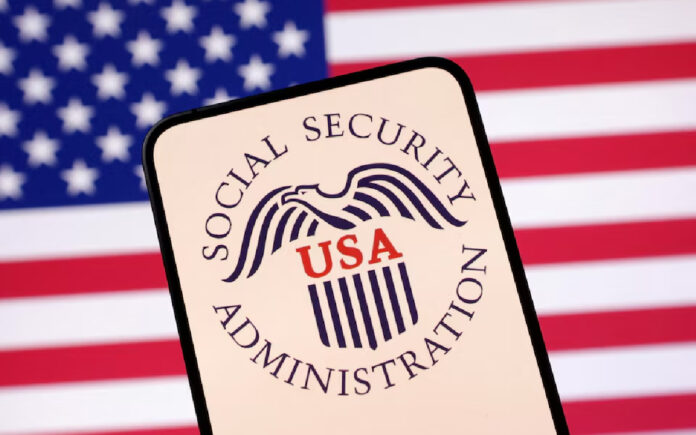Richmond/Washington, DC: In a landmark decision with significant privacy implications, a divided federal appeals court has denied the Trump administration’s request to lift a lower court injunction that bars the U.S. Social Security Administration (SSA) from granting the Department of Government Efficiency (DOGE) unrestricted access to sensitive personal data.
The 4th U.S. Circuit Court of Appeals in Richmond, Virginia ruled 9-6 against the appeal, upholding an earlier injunction issued by U.S. District Judge Ellen Lipton Hollander in Maryland. Judge Hollander had previously concluded that the SSA likely breached federal privacy laws when it provided DOGE with sweeping access to data on millions of Americans.
The decision marks a setback for Republican President Donald Trump’s broader effort to empower DOGE—an agency spearheaded by tech billionaire Elon Musk—with extensive authority to overhaul federal operations, cut costs, eliminate jobs, and dismantle entrenched bureaucracies.
Potential Supreme Court Review Looms
With the appeals court refusing to grant a stay, the administration may now escalate the case to the U.S. Supreme Court. White House spokesperson Liz Huston responded to the ruling by stating that Trump “will continue to seek all legal remedies available to ensure the will of the American people is executed.”
DOGE has quickly expanded across federal departments under Trump and Musk’s joint campaign to identify and eliminate what they call “wasteful inefficiencies” in government. However, that mission has triggered significant legal and political resistance—especially when it comes to data access.
The latest legal clash stems from a lawsuit filed in February by two labor unions and an advocacy group, who sued SSA, DOGE, Musk, and other parties to prevent DOGE members from tapping into some of the agency’s most sensitive systems.
Security and Oversight Concerns Raised by Judges
The SSA administers monthly benefits to approximately 73 million Americans, including retirees and people with disabilities. The agency’s databases house some of the country’s most sensitive personal information.
Elon Musk, a central figure in the DOGE initiative, has repeatedly claimed—without evidence—that millions of deceased individuals continue to receive Social Security benefits, asserting widespread fraud in the system. While Trump has publicly pledged not to reduce Social Security benefits, he has also echoed concerns about fraud in the agency.
Concurring with the decision, U.S. Circuit Judge Robert King stressed the critical importance of safeguarding SSA data. “This highly sensitive personal information has long been handed over to SSA by the American people with every reason to believe that the information would be fiercely protected,” he wrote.
Also Read | Court Orders Apple to End Anticompetitive Practices in App Store After Violation of Legal Order
King, an appointee of a Democratic president, criticized the SSA’s decision to grant DOGE “unfettered access” to its records. He cited evidence from Judge Hollander’s earlier ruling that DOGE’s access surpassed that of even seasoned and vetted SSA personnel. According to King, the DOGE request “has been flouted by the sudden grant to DOGE of unfettered access to SSA systems of record.”
Dissenting Views and Broader Legal Context
Six Republican-appointed judges dissented, with U.S. Circuit Judge Julius Richardson arguing that the court should have applied the same reasoning it used in a prior case—where DOGE was granted access to records at the U.S. Treasury, Education Departments, and the Office of Personnel Management.
But King pushed back, calling the SSA case “substantially stronger” and involving “vastly greater stakes” due to the scale and sensitivity of the information at risk.
Also Read | US-Ukraine Strike Landmark Minerals Pact in Strategic Shift from Arms to Investment
The injunction, which remains in effect, not only blocks DOGE’s access but also mandates that DOGE and its affiliates delete any personally identifiable information from the SSA already in their possession.
Implications Going Forward
The decision marks a significant legal boundary for DOGE’s data authority and underscores ongoing tensions over privacy, executive power, and the limits of administrative reform. While the White House weighs its next steps, the ruling signals that the federal judiciary is unlikely to give unchecked approval to sweeping access of Americans’ private information—even under the banner of government efficiency.



